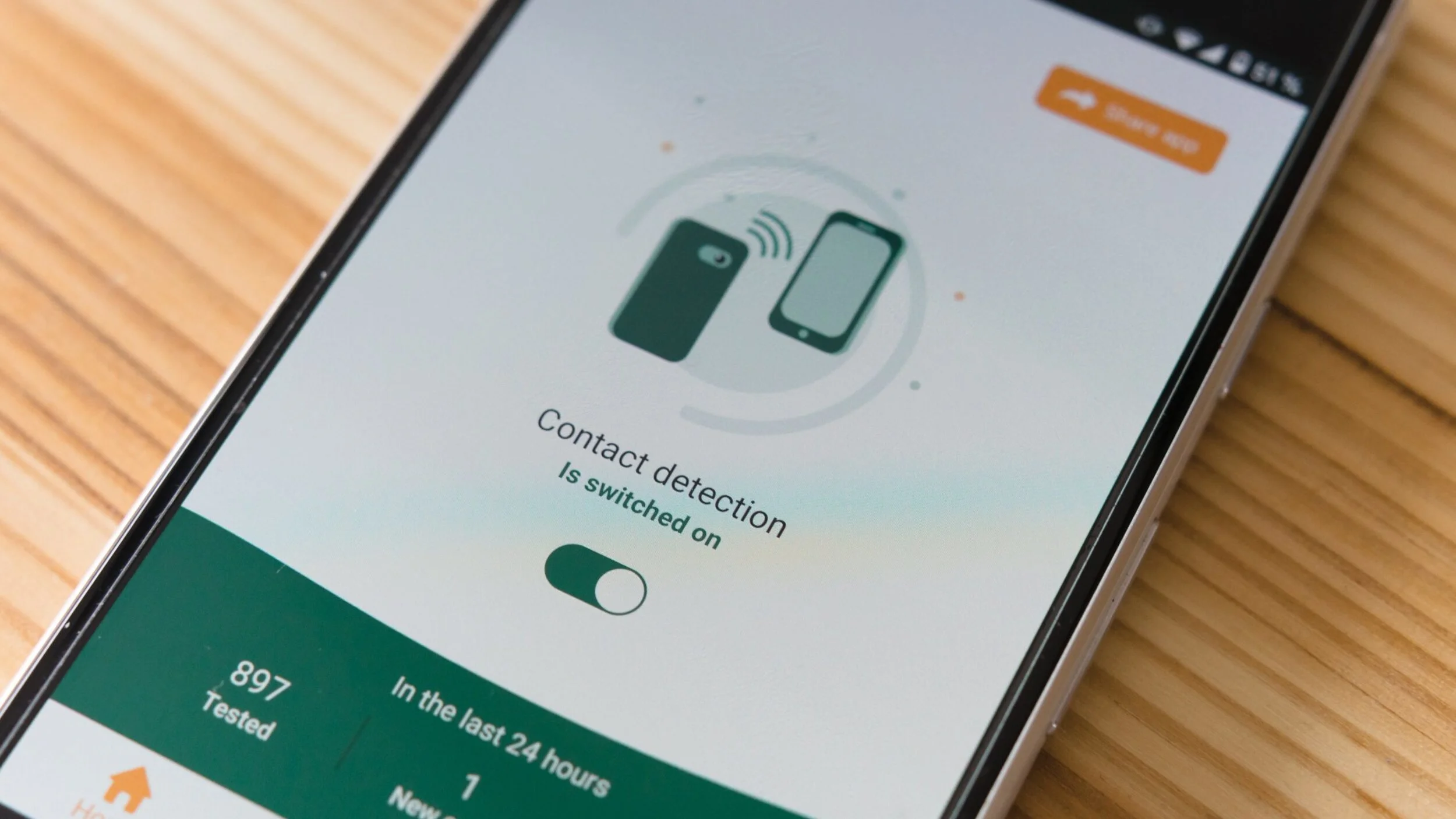Contact Tracing and Personal Liberty
As the world rushes to finalize a vaccine for COVID-19, countries have begun utilizing other means of controlling and minimizing the spread of the virus. One such method is called “Contact Tracing”, in which governing bodies identify positive cases of COVID-19, and track down people who have been in contact with those individuals and advise them to quarantine. This method of containment is, in theory, effective, but comes with its own set of challenges and is typically understaffed. However, the biggest issue with contact tracing that Israeli computer scientists have recently solved, is not the amount of resources available to support it, but what effective contact tracing has meant for the general public.
Typically, contact tracing has been highly invasive of people’s individual privacy, and largely imprecise. Practices like phone tracing and data mining have been effective in Asian countries like China, but at the cost of individual liberty, and most Western countries and cultures don’t find that kind of surveillance acceptable. Additionally, the imprecision of contact tracing urged thousands of people to go into quarantine unnecessarily. When asked about the issues with current contact tracing methods, Prof. Benny Pinkas, head of the cyber research center at Bar Ilan University, said “The problem with tracking currently done by Shin Bet is that it uses cell phone signal data that isn’t precise in terms of location and doesn’t know what floor you’re on in a building, so if there’s a carrier in a mall, it can lead to many people who were nowhere near him or her being quarantined.” Luckily, Professor Pinkas and his partner, Eyal Ronen, an assistant professor of computer science at Tel Aviv University, have developed a phone app that they believe to be a balanced and effective approach to contact tracing, that keeps people safe, while also maintaining privacy.
The app is called the HaMagen app, and its recent update allows it to utilize a unique method of data transmission between users that keeps your data private, and accurately informs people who are actually at risk of COVID-19 that they have been exposed to someone with the virus. This method of data transmission utilizes bluetooth connectivity, and unlike general cell phone service signals, it is much more precise, as the signal only goes out to phones within the epidemiologically determined “danger zone” for COVID-19. That way, the app only tells people within that danger zone who have been there for 15 minutes that they should quarantine. The app also keeps your data private, as Professor Pinkas explained; “If you were next to someone with COVID it tells you but doesn’t tell the government. It’s about giving information to users so they can choose to go into self-isolation and tell the government they are doing so, but not forcing them. We’re hoping they will do the right thing.” Hopefully, this method of contact tracing will spread into other countries, providing the world with an effective method of combating the coronavirus without sacrificing individual liberty.

